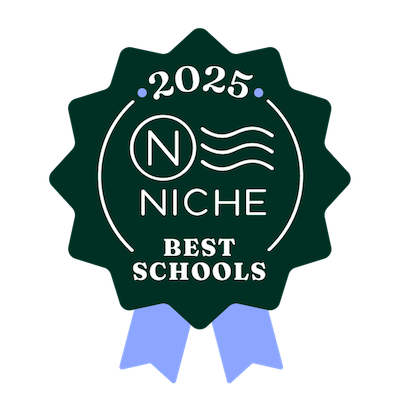Successful early literacy consists of development in listening comprehension, print knowledge, environmental print, alphabet knowledge, phonemic awareness, phonological short-term memory, rapid naming, visual memory and visual perceptual skills. These skills do not need to be taught separate of each other but rather integrated in oral language, knowledge of print and alphabet knowledge. The Montessori approach encompasses it all.
Maria Montessori believed language acquisition began with the development of Spoken and Written language as pre-cursors to Reading. In the stages of early literacy children who are exposed to pre-reading and writing are building a solid foundation for reading and writing. The Montessori Primary environments prepare the child for reading the first year they enter the classrooms. The Montessori Method prepares the child for learning to read to reading to learn through indirect and direction preparations starting in the practical life and sensorial training. First year Primary children are immersed in the dynamics of their own language development while Second and Third Year Primary students learn to understand that sounds make words through exposure to phonics. Other materials follow which present the intricacies of non-phonetic spelling and grammar.
The Montessori approach provides a carefully thought-out program to facilitate this process. All of these steps set the foundation for reading to learn; which is an essential part of the learning process in the Elementary classrooms. Please join Primary and Elementary teachers on October 13th from 5:30-7:00 as we reveal the unique steps to the process of reading the Montessori Way!


